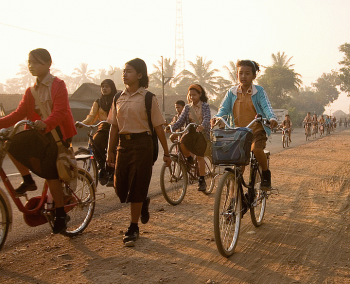
This report concerns the state of primary education around the world in a country basis. Primary education is the focus of the report because the original reasons for declaring it to be each child’s birthright remain unchanged, despite the fact that actually in many poor countries children could not go to primary school because it is priced out of their reach.
The laws, policies and practices in 170 individual countries have been examined to document
whether the right to education is recognized or denied, to discern why this is so, and to
highlight the impact of the model that was chosen or imposed. The Nordic model, where
education is a free public service, stands out in opposition to access to education dependent
on the ability to pay its cost, which has become a global norm. This free or for-fee dichotomy
guides this report.
Preventing poor students from
studying at the university is bad enough, but forcing primary-school children to work because
they are too poor to pay for nominally free public school is intolerable. It is much too cruel as
a public policy and contrary to common sense as a development strategy. To add insult to injury, the rhetoric on the right to education continues unchanged.
International
resolutions, declarations and recommendations are churned out by one part of ‘the international
community’ while another part makes its denial inevitable by forcing governments to levy
charges.
Globally, drivers of education are a bank (which does not advocate
free public services because by definition they do not make money) and governments of
countries that are exporting their education services (which would lose billions if education
became a free public service). The global division of labor keeps human rights in their
place, as sugar-coating for the bitter pill of economic exclusion.